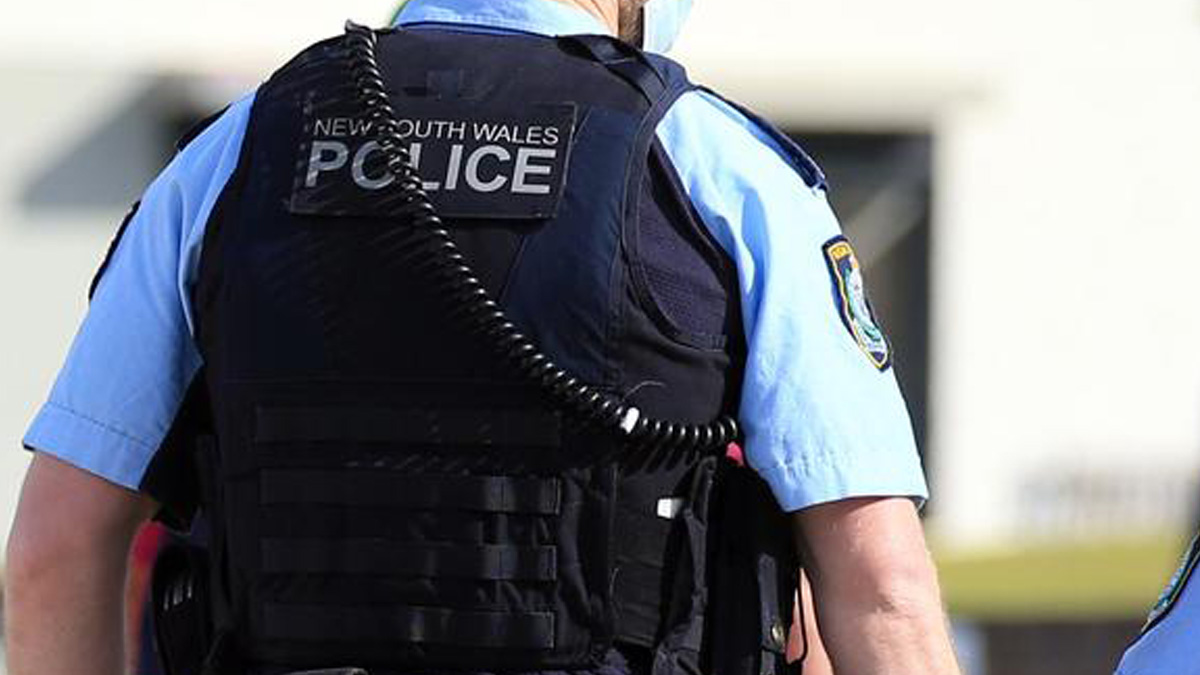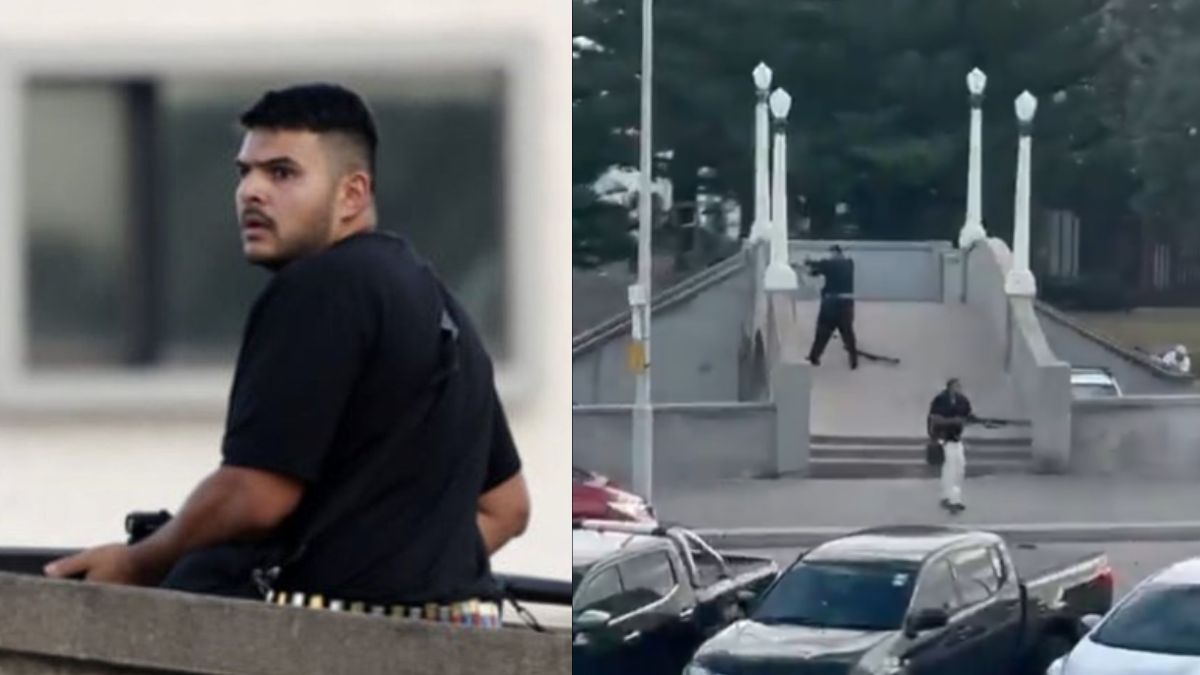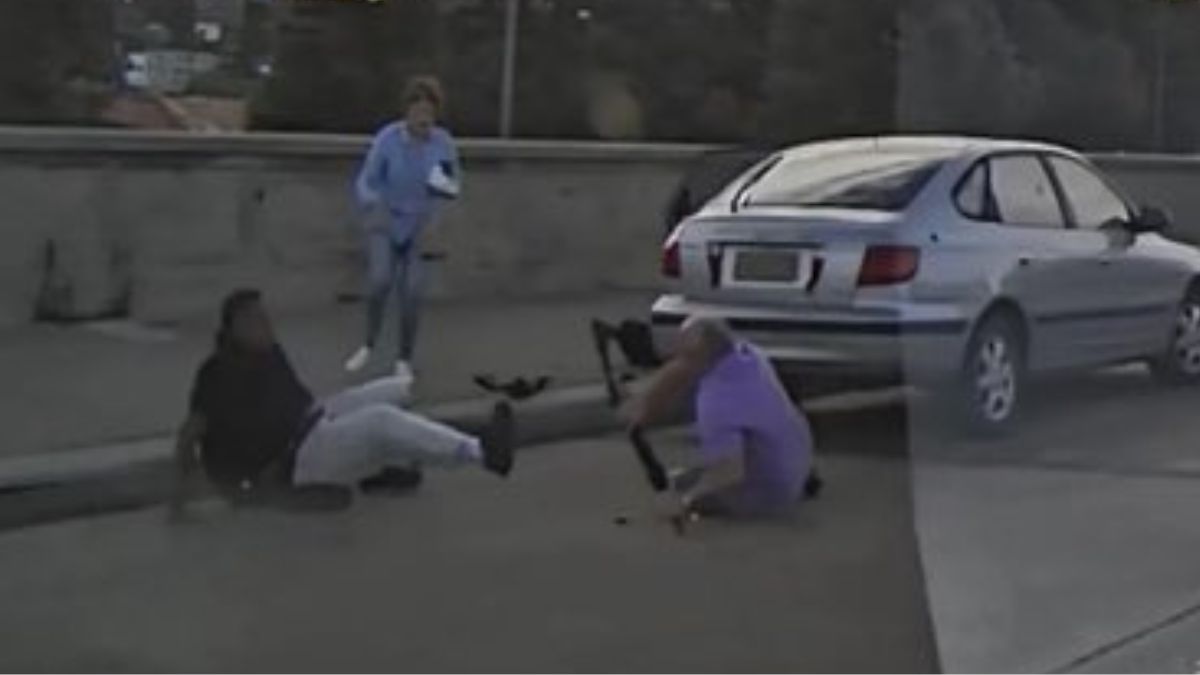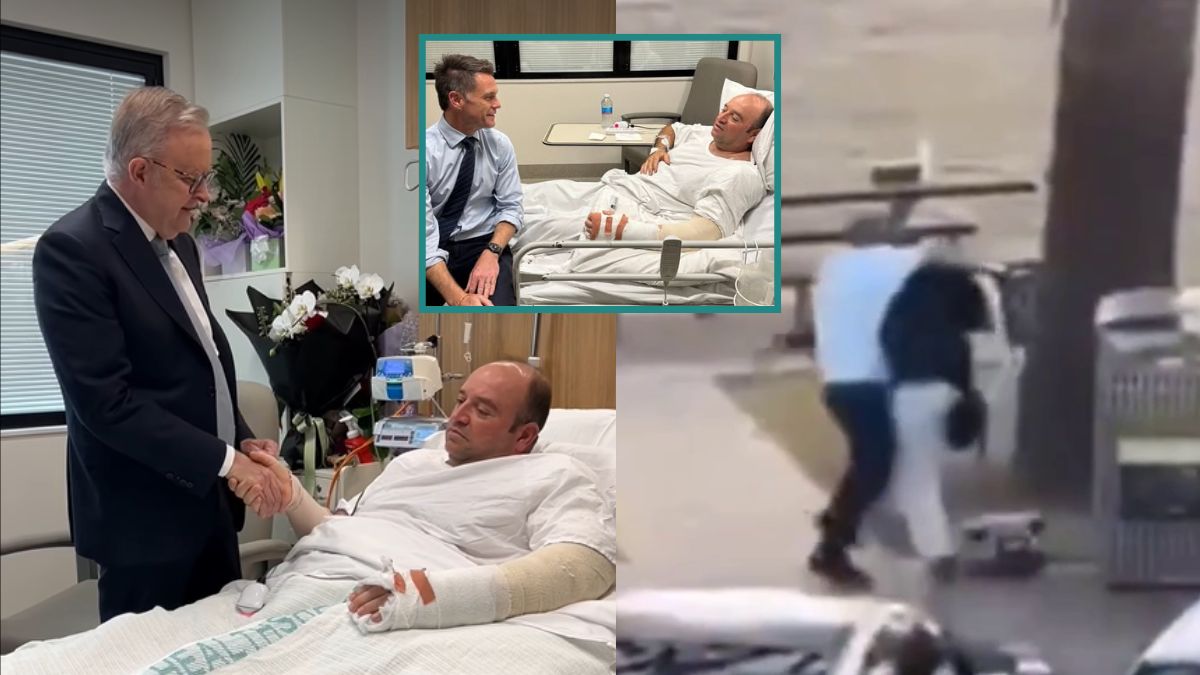Melbourne sushi chef stabbed in random daylight attack sparks debate on bail and mental-health laws
A Melbourne sushi chef was stabbed in a random daylight attack while walking to work earlier this month, prompting a wider debate over Victoria’s bail and mental-health systems. Police have charged 32-year-old Lauren Darul, who was on bail and had missed medical appointments before the assault.
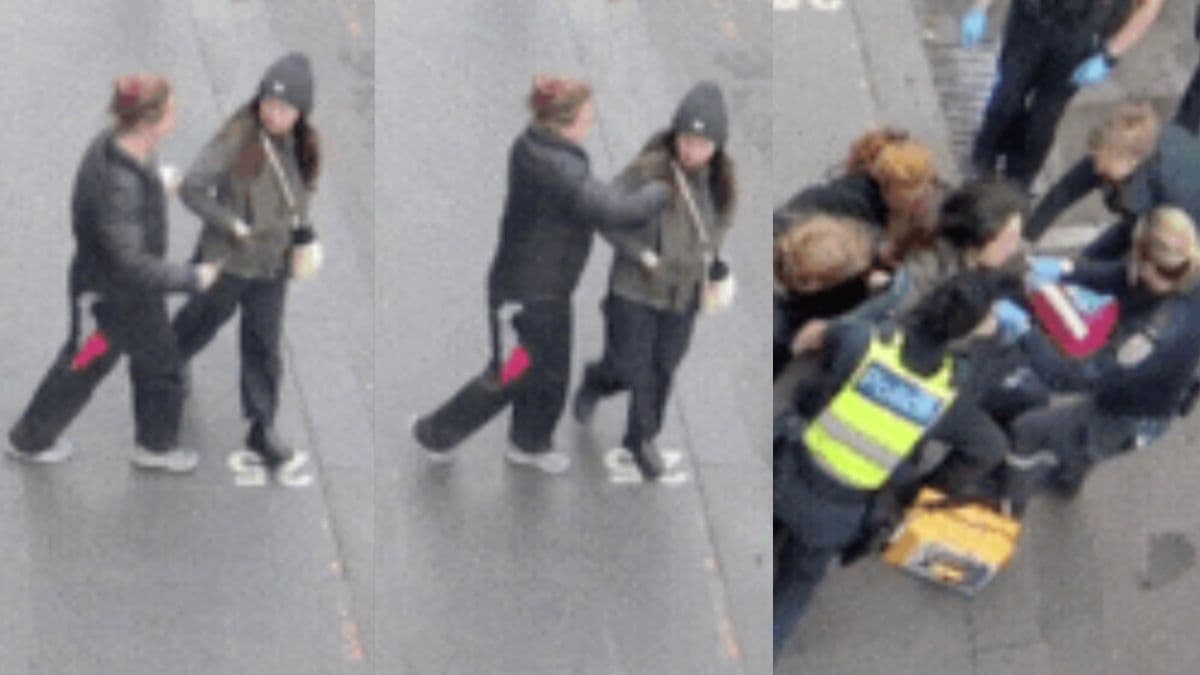
- Sushi chef Wan Lai was stabbed in a random attack while walking to work in Melbourne’s CBD on 2 October 2025.
- Police arrested 32-year-old suspect Lauren Darul, who was on bail and had missed mental-health appointments.
- The case has renewed calls for bail reform and stronger mental-health intervention measures in Victoria.
AUSTRALIA: A sushi chef in Melbourne’s central business district was stabbed in a random daylight attack while walking to work earlier this month.
According to reports by the New York Post and 7News Australia, the victim, Wan Lai, was walking along Little Bourke Street near Spencer Street on the morning of 2 October 2025, when a red-haired woman ran up from behind, tapped her shoulder, and stabbed her in the chest.
CCTV footage shows Lai clutching her wound and collapsing onto the pavement as passers-by rushed to her aid.
A bystander offered her a coat to stem the bleeding before emergency services arrived.
Lai was taken to Royal Melbourne Hospital, where she spent three days recovering from a punctured lung, according to The Sun UK.
Suspect Identified and Arrested
Police later identified the suspect as 32-year-old Lauren Darul, who was arrested shortly after the attack and charged with intentionally causing injury and committing an indictable offence while on bail, as reported by News.com.au.
Authorities confirmed that Darul was living in public social housing designed partly for people facing homelessness and mental-health challenges.
She had failed to attend a scheduled medical appointment about her treatment before the attack, 7News added.
Darul has since applied for bail and will appear before the Melbourne Magistrates’ Court for a hearing on 21 October 2025.
Victim’s Recovery and Trauma
Lai’s sister, Ivana Lai, told 7News.com.au that her sibling is now terrified to leave home and has relocated because of the trauma.
“She doesn’t dare to go out anymore, she’s always on guard,” Ivana said, adding that her sister “can’t stand people walking behind her and keeps looking around nervously.”
Although police described the injuries as “non-life-threatening,” the family said that label understates the severity of the aftermath — including a punctured lung, a drainage tube, and lasting emotional scars.
Family Criticises Victim Support Process
Ivana Lai also criticised the victim-assistance process in Victoria, saying the family has had to cover all medical and relocation costs up front before applying for reimbursement.
“We have to create an online account, pay all medical bills, relocation costs, and lost income ourselves, and then submit receipts one by one for reimbursement,” she said.
She also noted that despite reaching out to local council and state government officials about security concerns around the housing where the suspect lived, little meaningful action had been taken.
Government and Political Reactions
Victorian Premier Jacinta Allan condemned the “sickening” attack, stating on social media that “no one who commits brazen, violent acts like this should be on our streets.”
She thanked Victoria Police for their swift response and said the offender remained in custody pending court proceedings.
Opposition Leader Brad Battin called the case another example of Victoria’s growing public-safety crisis, describing the state as the nation’s “crime capital.”
He added that residents were increasingly fearful about violent incidents in Melbourne.
Renewed Calls for Bail and Mental-Health Reform
The case has reignited debate in Australia over bail laws, mental-health support, and public safety — issues that have dominated political discourse in Victoria in recent months.
Darul’s background — living in state housing and missing mandatory mental-health appointments — has prompted calls for tighter supervision of individuals on bail and improved coordination between health services and law enforcement.



